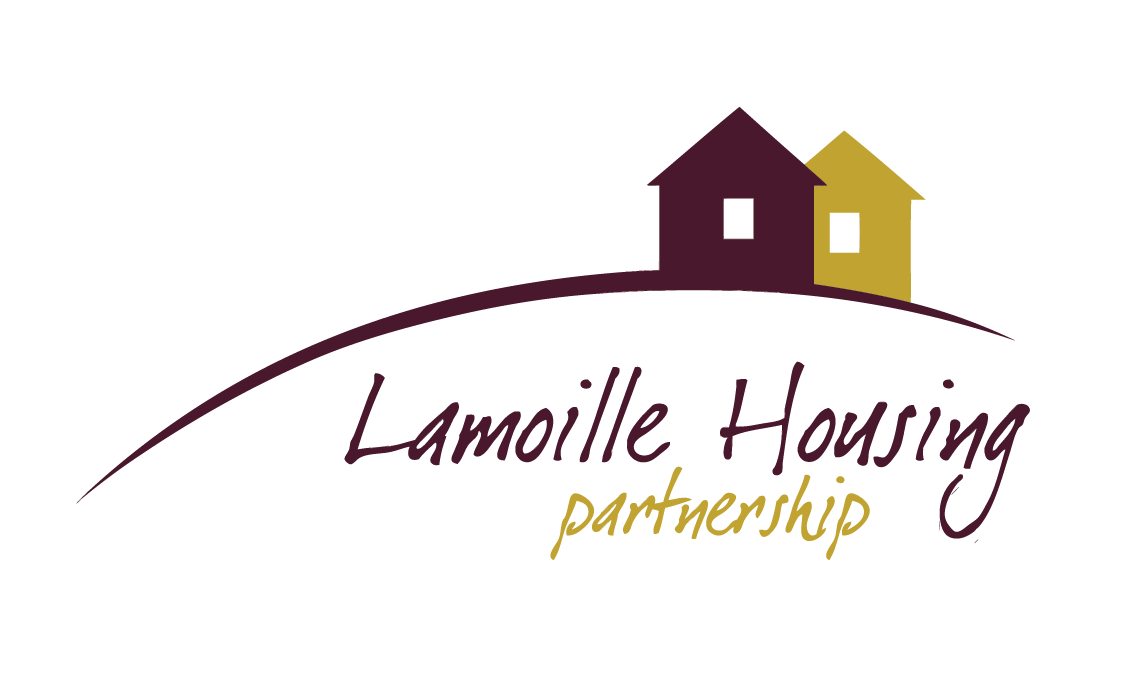Scope Of Impact
Our communities are strongest when affordability is ensured for all. Affordable housing is the foundation on which vibrant, economically successful, and healthy communities are built.
Affordable housing promotes economic mobility and long term housing success.
People who’s housing costs are not out of sync with their income have increased financial stability and are able to meet their basic needs and beyond. When households spend less on housing, they are better able to support businesses in their community such as restaurants, grocery stores and co-ops, retail stores, and more.
When incomes are not outpaced by high housing costs and competing basic need expenses, the likelihood of evictions is reduced significantly - the number one cause of eviction is nonpayment of rent. Evictions are not only costly to tenants and landlords, and also create a cycle of housing instability that is difficult to break. Reducing affordability barriers to housing and ensuring that housing costs are proportionate to incomes ensures that residents aren’t housing cost burdened or housing insecure, are less likely to become evicted, ultimately building financial stability to have more discretionary income to use in their community.
A safe, affordable and good quality home improves quality of life.
Home is a social determinant of health, and is the foundation upon which all other aspects of one’s life is shaped. Studies show that safe, stable, affordable and good quality housing contributes to positive outcomes in physical and mental health, and increases access to quality education and employment opportunities, and healthcare services, as well as reduced medical expenses over time. For instance, academic proficiency is measurably higher among students with safe, stable homes compared to students enduring homelessness or precarious, temporary housing.
Affordable housing increases civic engagement, belonging, and strengthens community social fabric.
Affordable homes prevent displacement from communities, which enables people to make investments in their communities, social relationships, health, and education. Compared to housing costs that are affordable, high housing costs can lead to eviction and frequent moves, or precarious and temporary housing situations such as a homeless shelter, creating barriers to accessing these essential pieces of one’s health and wellbeing.
Regional economies are strongest when communities have housing that is affordable for lower-wage workers.
Our rural economies are largely driven by lower wage jobs and employment, and are strongest when the workforce that we depend on can afford to live in the town where they work.
Affordable housing reduces employer challenges such as hiring and operational capacity, which strengthens business operations and revenue. When lower wage workers can afford to live in close proximity to their jobs, transportation and accessibility barriers are reduced, and local employment opportunities become more viable and sustainable versus commuting to communities with more competitive employment opportunities and compensation that keeps pace with housing costs.
Affordable housing increases local business revenues, community wide growth, and contributes to resources that benefit whole communities.
Affordable housing project development creates jobs and sustainable employment opportunities, and fuels business growth within construction, engineering, and architectural sectors.
Affordable housing developers pay property taxes in the communities where their properties are. For instance, Lamoille Housing Partnership pays over $100,000 in annual property taxes across each of our developments in the towns where our properties are located. This infusion of money strengthens the local tax base, providing revenue for municipal infrastructure improvements, community programs, and more.
Affordable housing not only reduces rates of poverty and the lifelong impacts on individuals and families, but also reduces the costs of poverty that extend to our broader community such as health care costs, community programs and more.








